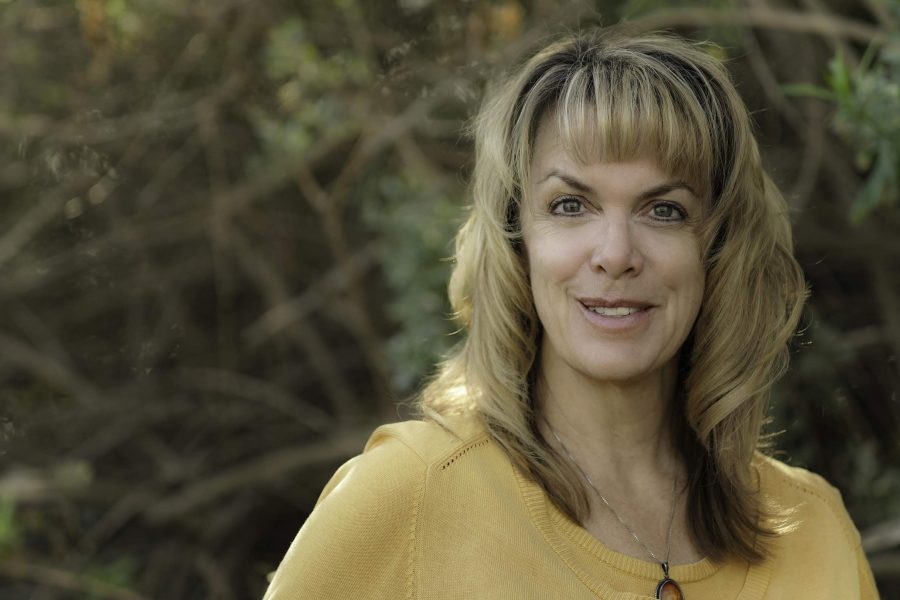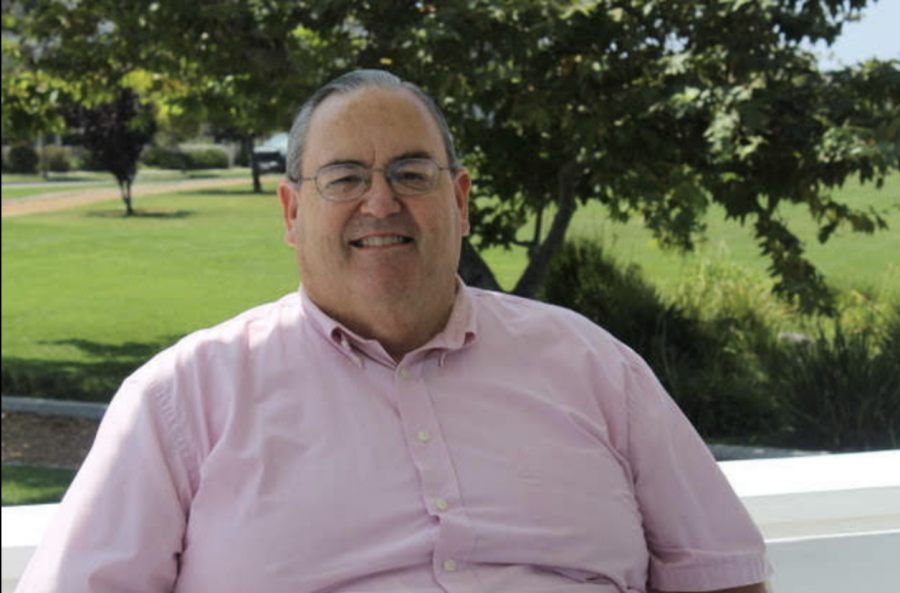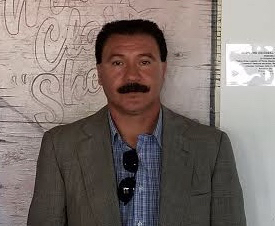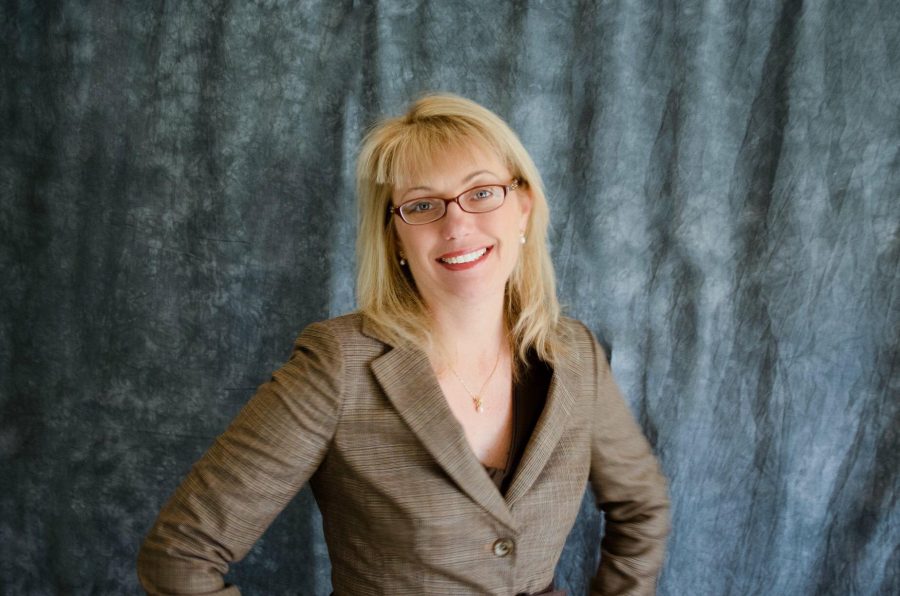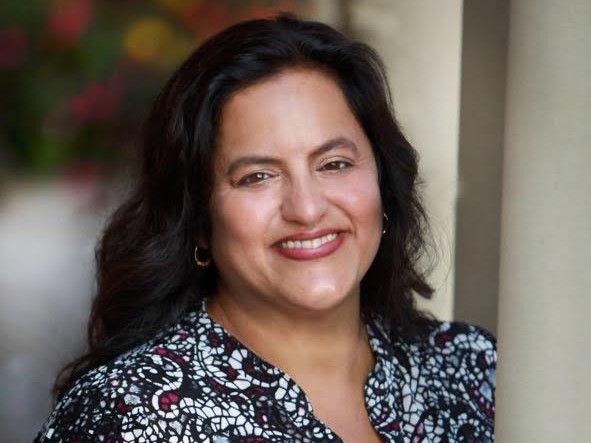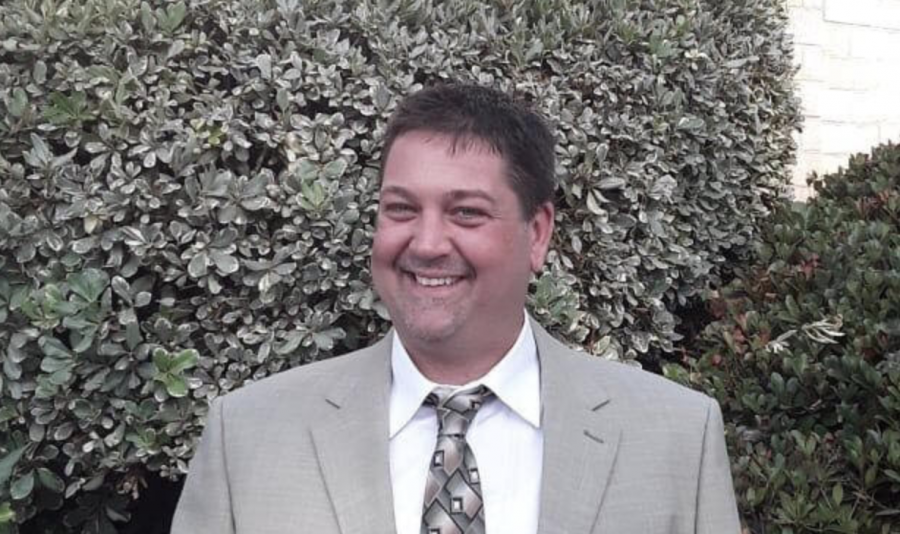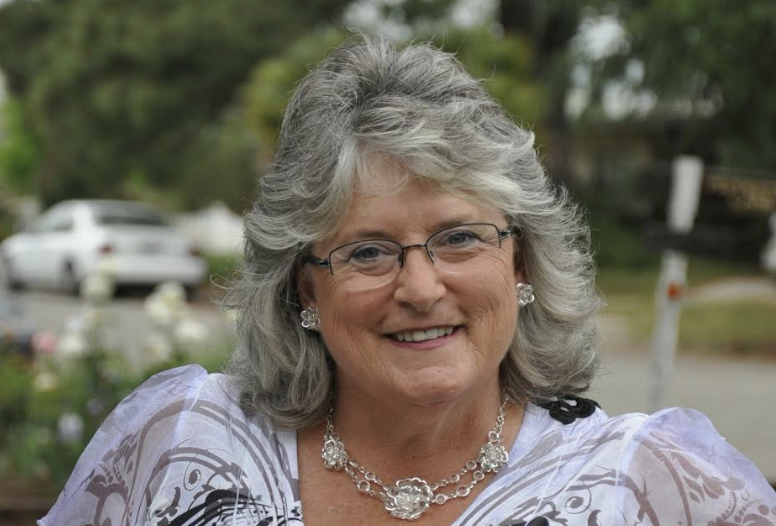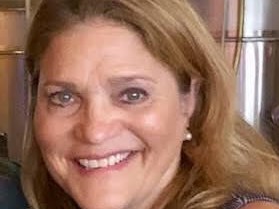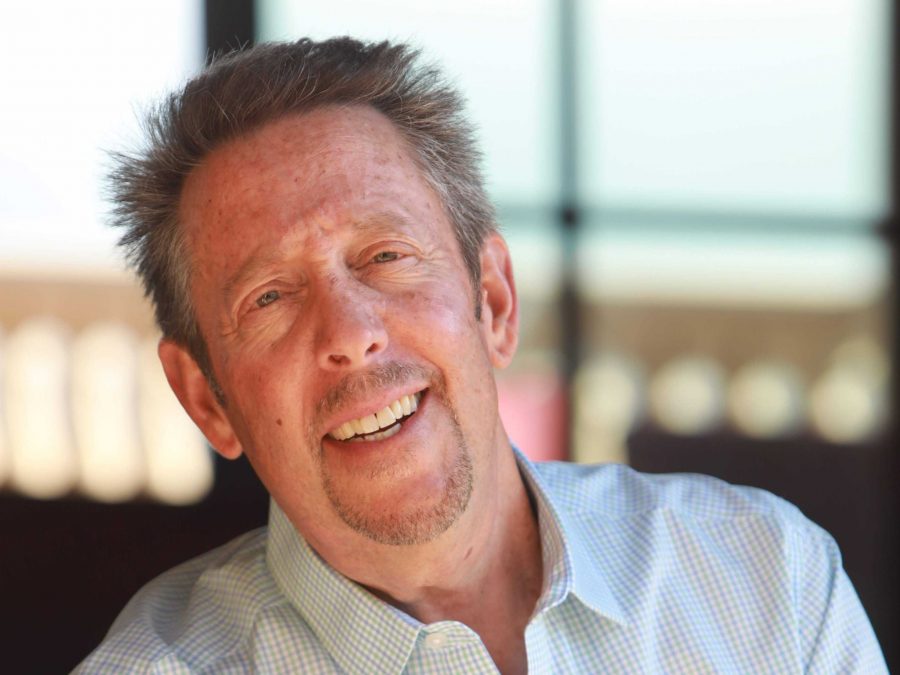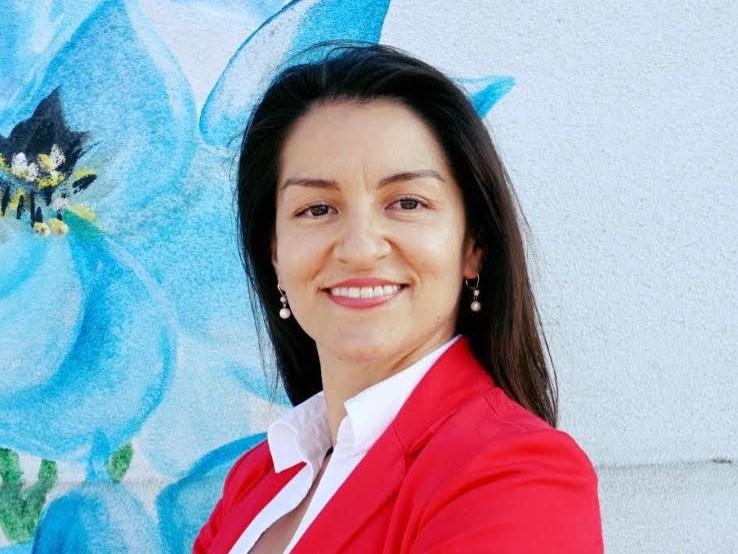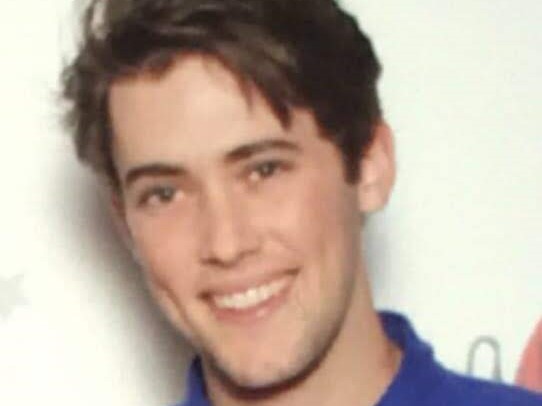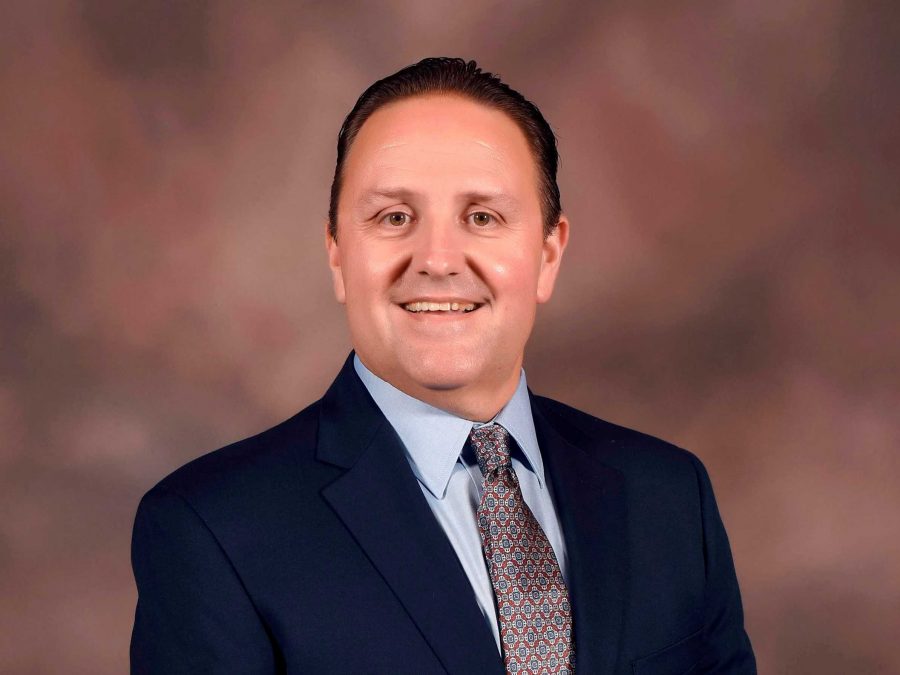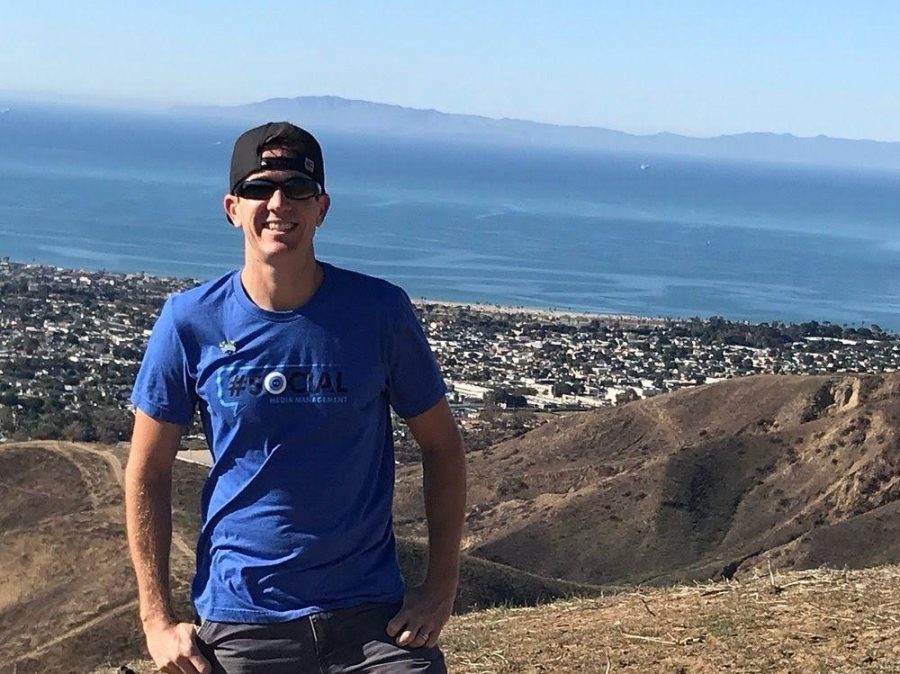INTERVIEWER: What’s your background as a Venturan?
MARIE LAKIN: I’ve lived here since 1985. I have a long, long history of public service. I am—well, you can look at that—I mean I can read this to you a little bit. Eleven years, actually 12 now, year member of the Ventura Cultural affairs commission. Also, President of Ventura Education partnership and kind of a corollary to that; Mary Haffner, who is on the School Board, started another group called ‘Save our Schools.’ That group did outside fundraising. It was a period where the state had big, big budget cutbacks to schools. So then we did fundraising: we had a big rally at the Government Center that drew 900 people. It was a sad time because teachers were being laid off and we were losing the arts—you know everything. It was a sad time. Luckily the state has gotten its act together and is now funding the schools better, but it was a crisis and we just tried to meet it locally. Then, I just stayed on as Ventura Education partnership and just doing Summerfest and all the things that the Ventura Education partnership does. [I am a] founding member Sarah Crist Conservancy, which raised money to save Sarah Crist Park. The City was threatened with a constitutional lawsuit and they said if you don’t take the cross down, you know, because cities are not supposed to have anything to do with religious entities, even though Father Serra put that up in the 70s—the City got sued. So a bunch of us got together and raised $104 thousand and bought the park. So, I’m still on the board we still have the park. Unfortunately, it was just devastated in a fire, so we had to do all new fundraising and redo the whole thing of the trees [that] went out. I was really sad. It’s probably the most popular park in Ventura. It’s still not open yet, but soon. I’m President and Founder of Arts Ventura, which is a non profit 501C3, which raises money for the art programs here in the city. We are the fiscal sponsor of Art Walk, which, you know, we do all the fundraising and the funding funnels through our nonprofit so people who give to Arts Ventura can get a tax donation write-off, so we do that. Ten years on the visitors and then the Convention Bureau Board, long time. Part of the reason why I got into the Arts and Art fundraising is the arts budget got cut pretty severely by the City of Ventura because we had other fiscal priorities. We had a recession—we had to have enough boots on the ground for our police force and our fire department is super important. So the City can’t fund everything, so we decided to do a lot of things privately, so we took Art Walk private—I was one of the people that took art walk out privately and I’m still doing that and it’s up this weekend. I hope you guys come and just a lot of different things I know is on the City’s 250th-anniversary committee. I help raise money for the mural down there. Busy and very busy with the schools too, you know, what you know—Balboa PTA secretary stuff like that on your school site council when my son was there [at Foothill Technology High School]. You know I just like to give; I’m a public servant that’s what I do. I’m a giver.
INTERVIEWER: Which measure on the ballot are you most passionate about and why should students and their families support it?
LAKIN: I believe it’s Proposition Two: the “No Place Like Home” initiative and we worked on that in the Senate when I was with the State Senate. And basically what that does is redirect Prop. 63 funds. Everybody voted on Prop. 63 and that is money for mental health issues and it redirects some of that money into a program that provides housing and wrap-around services for the mentally ill homeless. So because it was a ballot measure, it needed to go back to the voters to tweak it a little bit. We passed a package of bills in the Senate to address the mentally ill homeless problem, which if you look out there, a lot of the folks have issues. I don’t know if anyone is homeless by choice, but some of these folks lack the good coping skills. We need to take care of them and we need to build housing and we need to make sure they have services. So that one I would say definitely go for.
INTERVIEWER: Two state propositions that would likely prove to be significantly impactful if passed in the election are Prop 2 and Prop 12. Do you support either, both or neither of these measures? Why?
LAKIN: You need to refresh me on which one 12 is, ladies. I know which one 10 is. I don’t have them all memorized. Let’s Google. Oh, the farm animal confinement initiative—that is not one I’ve done a lot of study on, ladies. Yeah, I’m going to have to read it before I give you an answer. I thought we already had this one. I would support it; I just need to understand the fiscal impacts of it before I could give you an answer on it.
Interviewer: Let’s get back to proposition 2. Why do you support it so strongly?
Because we don’t have enough housing for our homeless folks. We need transitional housing and they need the help. Here’s the thing: if you go to LA county, about almost 50 percent of the people who are incarcerated there in the jails have had serious mental health [issues]. So what does that tell you? We are using our jails as mental health facilities. That’s not ideal. So what I would like to see is that they get the help they need in a better environment. That would be one big reason why we need to support this.
INTERVIEWER: How do you plan to strengthen the partnerships between the school district between and the city, and involve more students in local government?
LAKIN: Well just regular communication, isn’t that the thing? We all need to talk a lot. So I think sitting down regularly with members of the School Board and also our Superintendent I think would be really important. One thing I’ve learned—I’ve been canvassing talking to voters who are very concerned with my end of town [East End] and all the development that is going on out there. They don’t believe that the schools will match the population generated by all the new housing. Now, I talked to the school district and they said: “well, we kinda interspersed them out and it will work.” I think Balboa is a really big school. Both of my kids went there and it is a huge school. I don’t think all kids do well, especially in middle school, in a huge environment like that. So I would advocate—if the school district felt that it was in their budget—is to have one of our existing campuses on the East End become a K-8. Now I don’t know if they have the money to do that—if they are considering to do that, but I think to have a smaller environment for some of the kids [who] don’t thrive at Balboa or a big, big school environment would be a good solution. I like the K-8; it’s kind of cozy and you know, you stay on the same campus, you stay with your same friends, you’re with your siblings. I like the whole concept of it, but again, that’s a school district thing. That’s something I would advocate for. I would really talk to them because how would we accommodate for these kids?
INTERVIEWER: What do you think is the most pressing issue facing our city today and how can it be addressed?
LAKIN: Water. We are running out of water. So here’s [the] thing: in the past—in the 90s—the voters asked us to build desalination plants. So, they asked us to diversify our water supplies. Now it rained—the desalination plants are very expensive. Santa Barbara ended up mothballing theirs but put it back online. But, our climate is changing. We are becoming a more arid state. We should’ve thought down the road, “how does Ventura diversify their water supply?” We are the only city, with the addition of Ojai, that doesn’t have a connection to state water. To get that built out, we are now on the draft EIR stage on that—about $74 million dollars and then we are also looking at the water purifying facility down at the harbor that is recycled—another $74 million. How are we going to pay for this? Right? So what’s going to happen if we don’t get a lot of rain—we will end up in stage four [drought restrictions]. Right now we are stage three, but we’ll end up in stage four. It will affect our ability to do anything: build affordable housing—to add new businesses that want to build a new building, because they are all getting hit with this thing called the “Net Zero Water Fee” and it is hefty. The 24 Hour Fitness—they got hit with a $300 thousand “Net Zero Water Fee.” So that really affects the ability to bring in new businesses, build affordable housing. Residents have been asked to conserve a lot and I really feel like we may be at the top of what we are asking people to conserve because all these houses I’m visiting have either turned off their lawns and turned it into zero-scaping or they’re brown and they just give up. And they say, “I don’t have the money to do this. I’m done. I’m not going to water.” So where else could you cut? So that is kind of an underlying, huge problem.
Another issue we have, of course, is the criminal activity we have in our public places. You know the “Aloha” incident, I mean there’s just a lot of that. They have hired new staff. They put our police department on overtime hours. I think we probably spend about $700 thousand beefing up our “Clean and Safe” initiative and our police force to address the criminal activity in our public places. So that and the homelessness all tie together. Just being homeless does not mean you’re a criminal or a vagrant. I just want to make sure there is a clear distinction between the two, [so that] the people don’t blame all the homeless people for the some of the criminal activity that goes on because it’s different. It’s very different.
INTERVIEWER: Our City Council representatives should embody the values closest to our hearts because these values will guide their decisions in office; they should also act as leaders not only on Monday nights in City Hall but throughout their term in their term in their interactions with the community. What values do you embody, and how do you act as a role model for the youth of Ventura?
LAKIN: Integrity. Here’s the thing about my campaign, ladies. I’m not accepting any money from anyone who has business before the Council—that’s probably hurt me in fundraising, but I don’t care because at the end of the day, even if I were to lose this race, I would have my integrity. Okay so, I’ve worked in politics for about 20 years. I’ve worked for State Assemblymember Pedro Nava. I’ve worked for State Senator Fran Pavley and State Senator Henry Stern. These were fine people I have worked with. I was just spoiled with working for amazing people. But I did see people out there who I peg for less than admirable and I know very clearly what kind of politician I don’t want to be. I will not make promises to people that I do not keep. I feel very strongly about that; just to win an election, I will not do that. Anything I decide to support will be well-researched. And I was known as the ”office wonk’ in the Senate. I really spend a lot of time diving into the deep weeds of the policies. We did important policies in the Senate, you know, very important policies. Some of the state’s recent water policy was our legislation with Senator Pavley. The Climate Solutions Act—Global Warming Initiative was Senator Pavley’s legislation. That was SB32, which was signed when I was in that office. You know, just amazing legislation with local, statewide, national impact I’ve worked on, so to me, I got to keep in mind the people that I’ve worked for before and the wonderful role models they were to me and the integrity that came from those offices. I know what kind of person I want to be. Does that make sense? I get a little passionate about that but that’s how I feel—that’s how I feel. You know, it’s going to be integrity with me, all the way.


